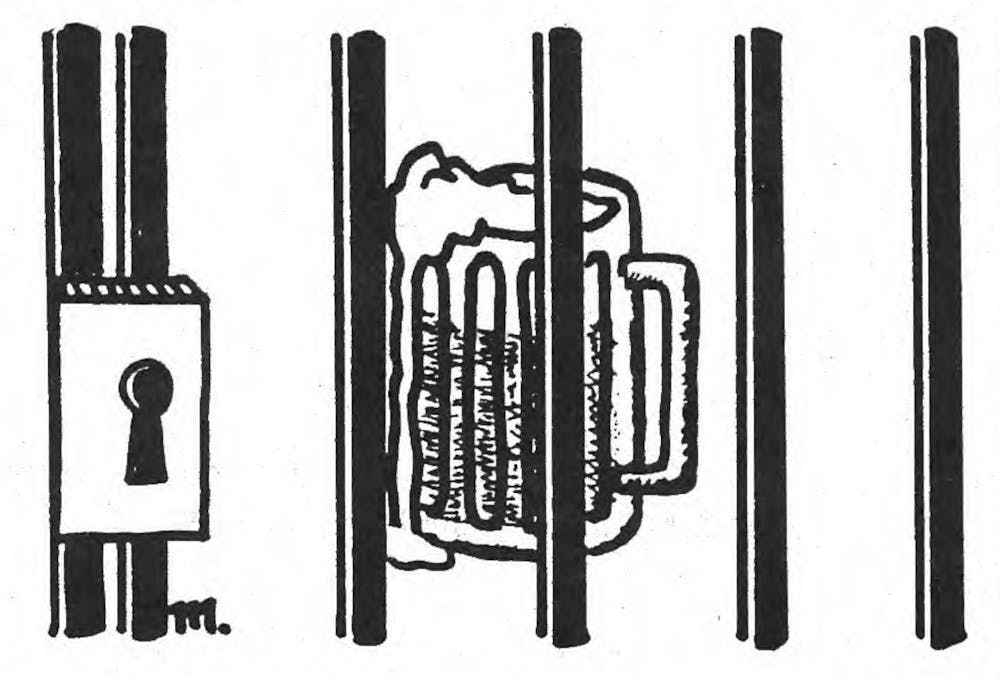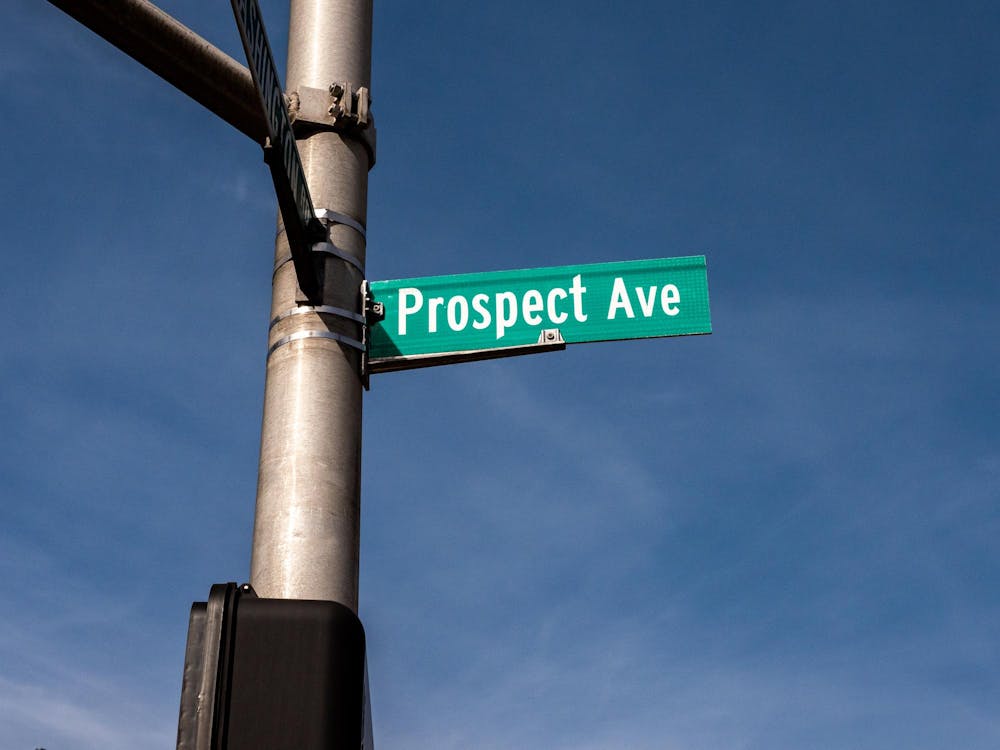On Oct. 21, 1947, Princetonians anxiously awaited an impending legal decision. “Shall the people of the Borough of Princeton have their milk delivered, read the papers, drive their cars and enjoy such entertainment as movies, bowling or baseball games on Sunday?” Philip F. Ruppel ’50 asked in the pages of The Daily Princetonian.
The referendum to be voted on by township residents in the coming weeks concerned New Jersey’s long-standing legal prohibitions on the day of the Sabbath. Originally enacted in 1704, the so-called “Blue Laws” were codified in a 1798 ruling entitled the “Act to Suppress Vice and Immorality.” They not only banned Sunday business operations and deliveries, but also leisure activities and nonessential travel. The sale of liquor, however, was still permitted.
The laws were erected in an effort to preserve the Christian day of rest from commerce and recreation, but for some New Jersey residents, their continued enforcement held a stronger appeal than others. Opponents to Blue Laws nationwide felt that they violated the separation between church and state specified in the First Amendment.
Then New Jersey Governor Charles Edison relaxed the Blue Laws in 1943 to allow servicemen on campus to enjoy Sunday movie screenings as World War II raged abroad. With the war having ended, the 1947 referendum raised the question as to whether this exemption signified a changing sentiment within the town. Should Sundays be spent anyway one pleased?
The University’s religious authorities held split opinions on the matter. While Princeton’s Catholic and Episcopal Chaplains stated that they didn’t mind allowing the screenings to continue, the Presbyterian chaplain and town Methodist minister were strictly opposed. Charles R. Erdman Jr. ’19, Princeton’s sole mayoral candidate in the upcoming election of 1947, held a middling opinion, urging a balance between religion and secularism. When questioned by ‘Prince’ staff, Erdman claimed that he was “not for a general opening [of commercial amusements],” but that he would “not be opposed to a limited opening which just includes the movies.”
Princeton Township residents, the ultimate decision makers, made their voices heard. In a decisive 1317–627 vote, the Blue Laws’ recreation restrictions were struck. However, a related proposal to ban the sale of liquor on Sundays was enacted in its place by a 482–411 vote.
Today, many Princetonians would not think twice before purchasing a Sunday movie ticket or latte at Small World. Yet in today’s secular world, religious students are still tasked with striking a balance between their academic demands and adherence to their beliefs. Matthew Martino ’29 attends Catholic mass every day, and observes the Sabbath on Sundays. Though the Sabbath is often designated as a day of complete rest in the Christian tradition, Martino said that he must engage with his schoolwork on Sundays in order to keep up with his busy schedule, adding that attending daily masses is “hard with [his] classload.”
But, like the residents of Princeton in 1947, Martino does not view Blue Laws as necessary for Christian students to balance their academic and religious identities. “The whole idea of American law is the separation of church and state,” Martino said. “It shouldn’t be a law.” Yet, he suggested that “any company that holds Christian values over the making of profit … should observe the Sabbath” and adhere to their own, personal set of Blue Laws. Chick-fil-A and Hobby Lobby, for instance, are closed on Sundays.

Christian students aren’t the only religious groups that maintain a weekly day of rest. Observant Jews, for instance, refrain from work from Friday to Saturday night. Princeton has several mechanisms to support students who observe Shabbat, including offering physical room keys and an eruv, a symbolic enclosure that allows them to carry objects around town.
For many students today, however, Sundays are anything but a day of rest. There is laundry to do, reading responses to submit, and p-sets to finish — perhaps with an iced matcha to curb the “Sunday Scaries.”
Miriam Dube and Ava DiFelice are contributing Archivists for the ‘Prince.’
Please send any corrections requests to corrections[at]dailyprincetonian.com.









